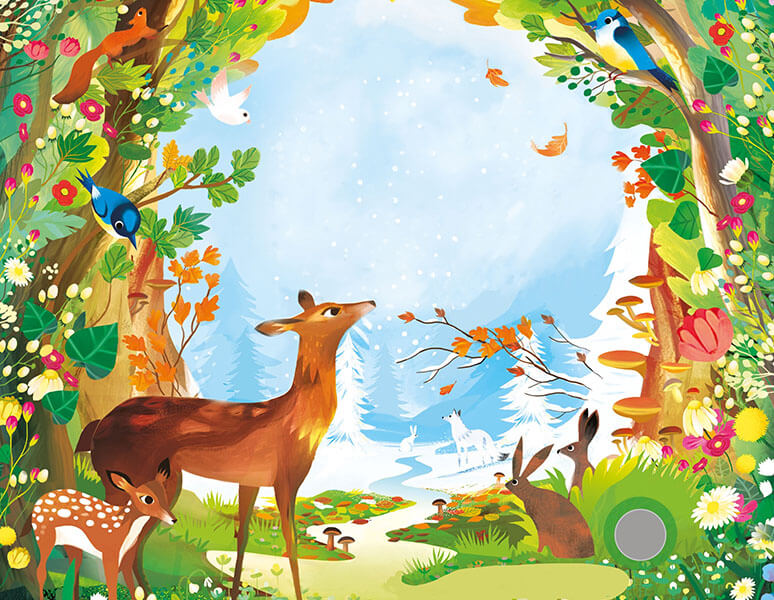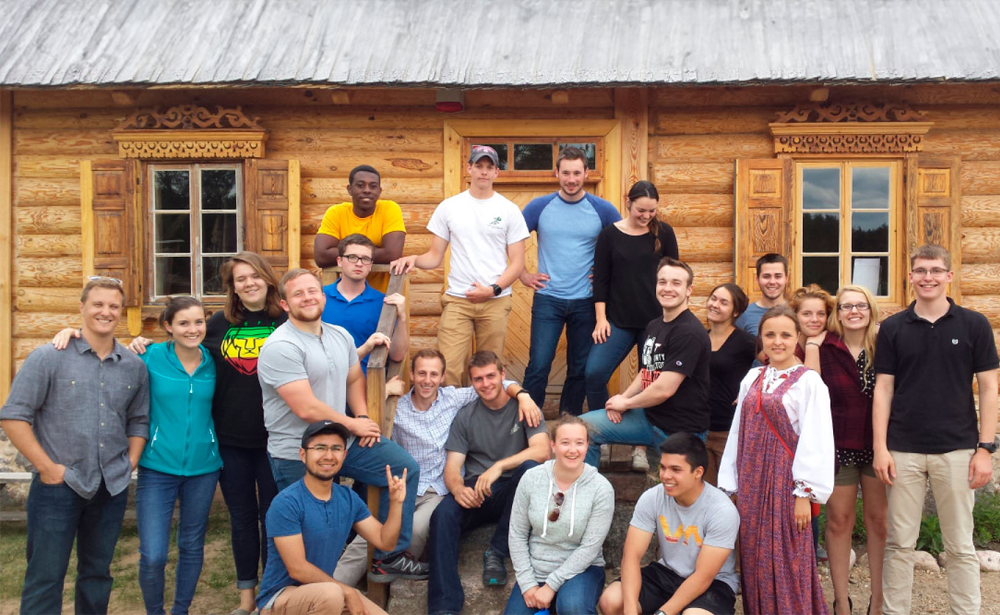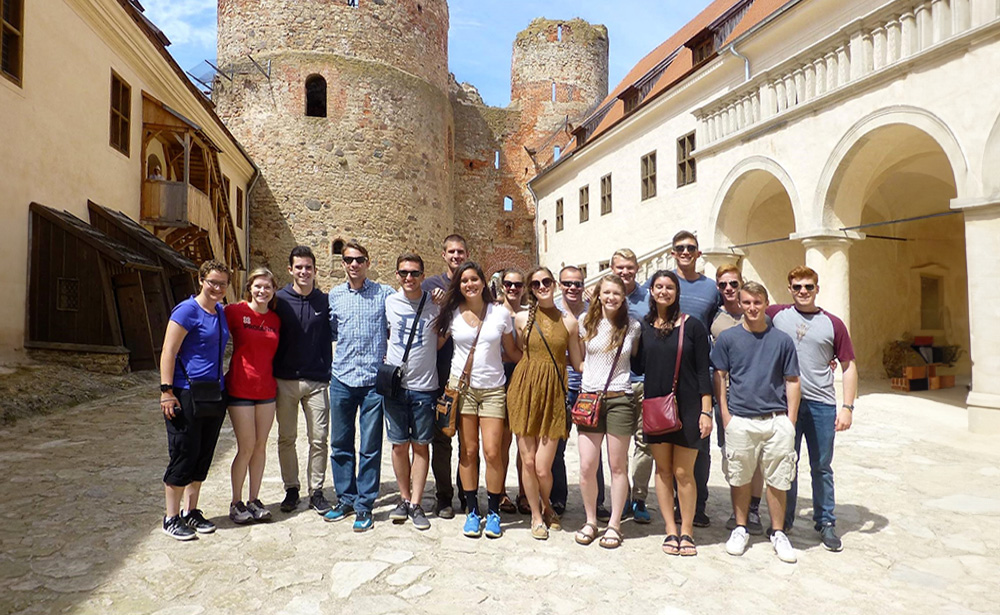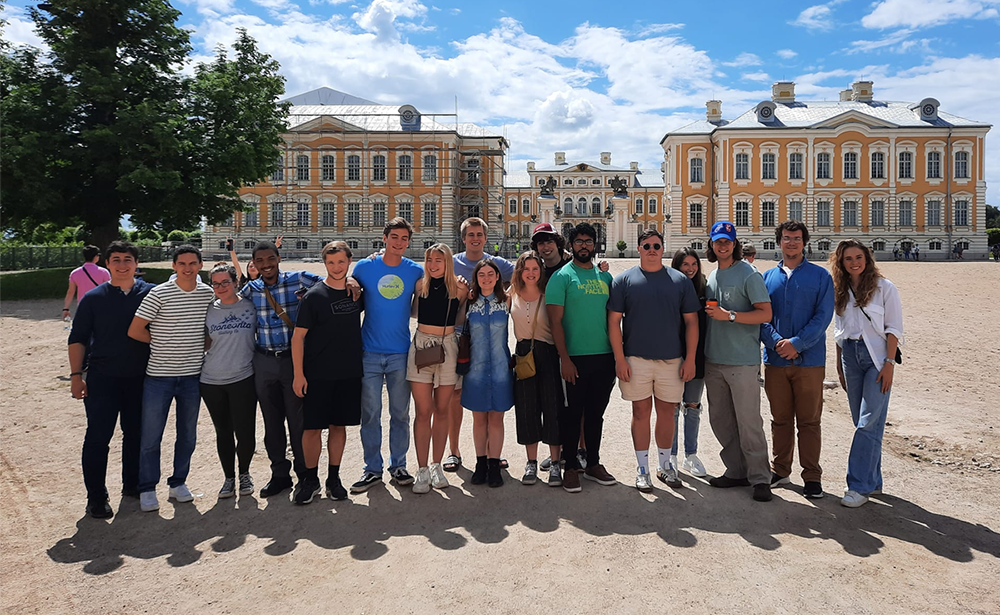12 Months of the Year in Russian
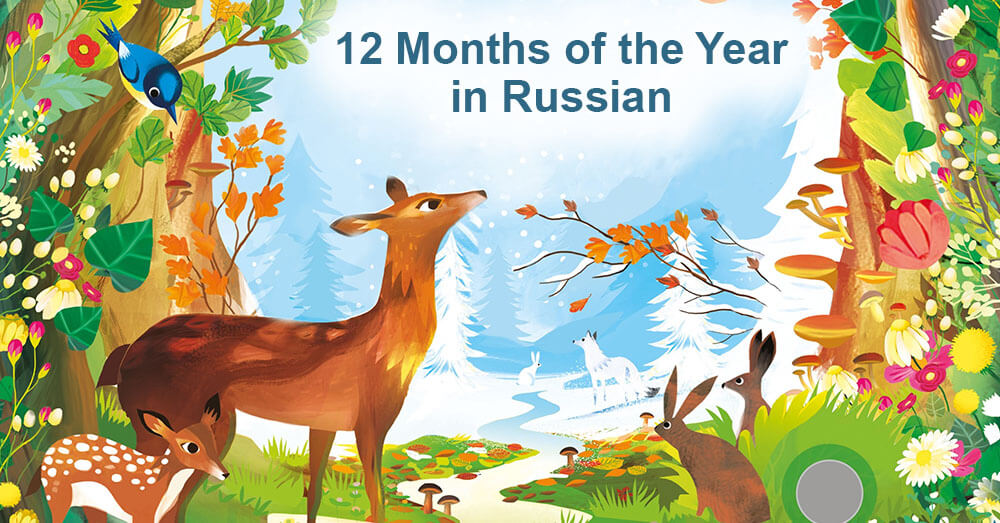
Today we are going to speak about how to say 12 months of the year in Russian. We’ll look at the names of the months in Russian, as well as discuss 12 interesting Russian sayings and proverbs related to each month of the year.
Months of the year in Russian:
Январь [yan-VAR’] January
Февраль [fye-VRAL’] February
Март [MART] March
Апрель [ap-RYEL’] April
Май [MAY] May
Июнь [ee-YOON’] June
Июль [ee-YOOL’] July
Август [AV-goost] August
Сентябрь [syen-TYABR’] September
Октябрь [ok-TYABR’] October
Ноябрь [no-YABR’] November
Декабрь [dee-KABR’] December
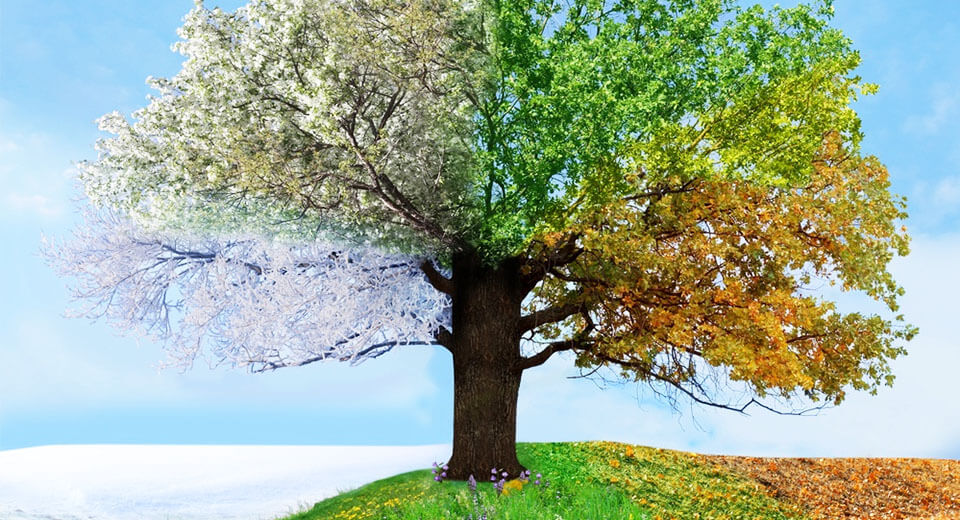
Russian sayings and proverbs about the months of the year:
In our previous articles, we talked about Russian sayings and proverbs, as well as about the fact that they constitute a significant part of the Russian language, literature, and culture. Russian sayings and proverbs about months usually emphasize some characteristics of each month and explain in what way one month is different from another.
The expressions below is just a small part of the many famous sayings you may encounter while reading Russian literature.
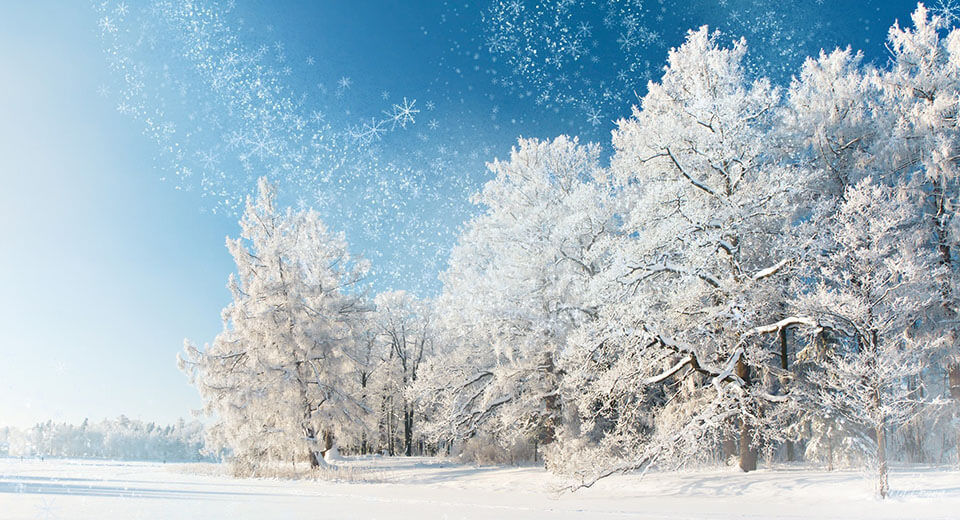
- Январь — году начало, зиме середина.
[Yan-VAR’ GO-doo na-CHA-la zee-MYE sye-rye-DEE-na]
January is the beginning of the year and the middle of the winter.
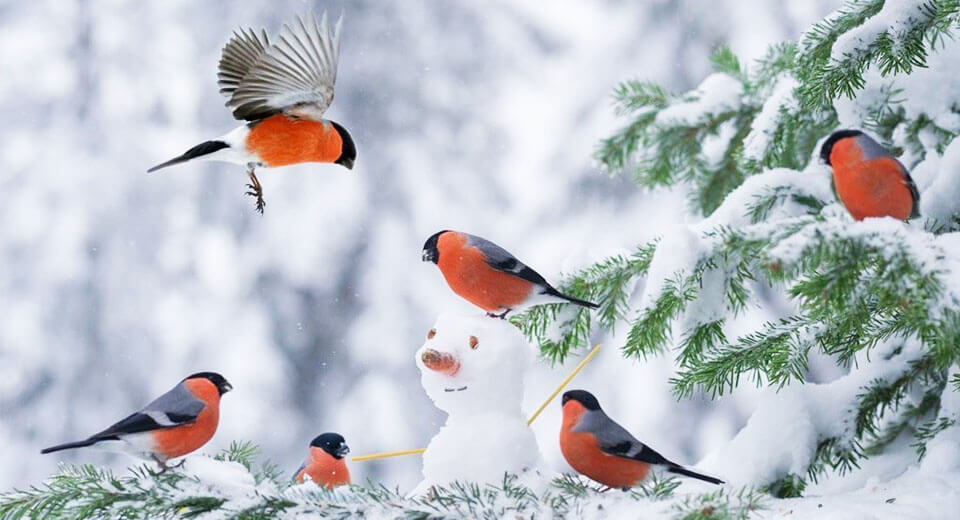
- Февраль силен метелью, а март капелью.
[Feev-RAL’ syee-LYON me-TYEL’-yoo a MART ka-PYEL’-yoo]
February is strong with blizzards and March with thawing.
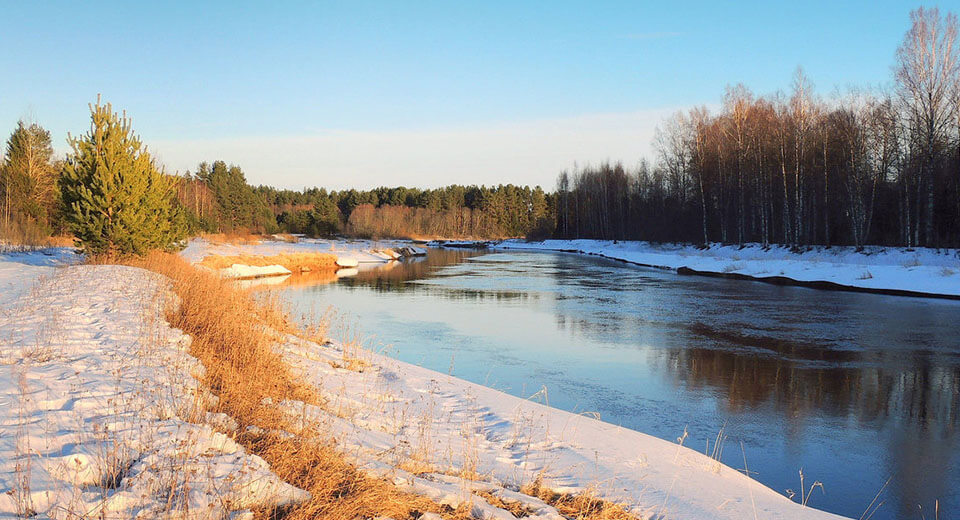
- Март с водой, апрель с травой, а май с цветами.
[MART s vo-DOY ap-RYEL’ s tra-VOY a MAY s tsve-TA-mee]
March comes with water, April with grass, and May with flowers.
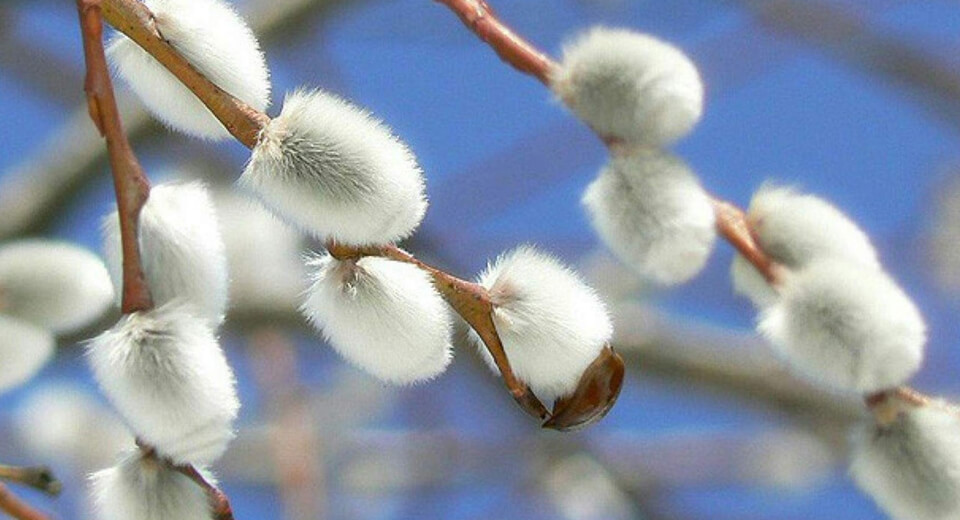
- В месяце апреле держи одежду ближе к телу.
[V me-SYA-ce ap-RYEL-YE dze-RZHY a-dye-ZHDU blyee-ZHE k TYE-LOO]
Keep your clothes close to your body in the month of April.
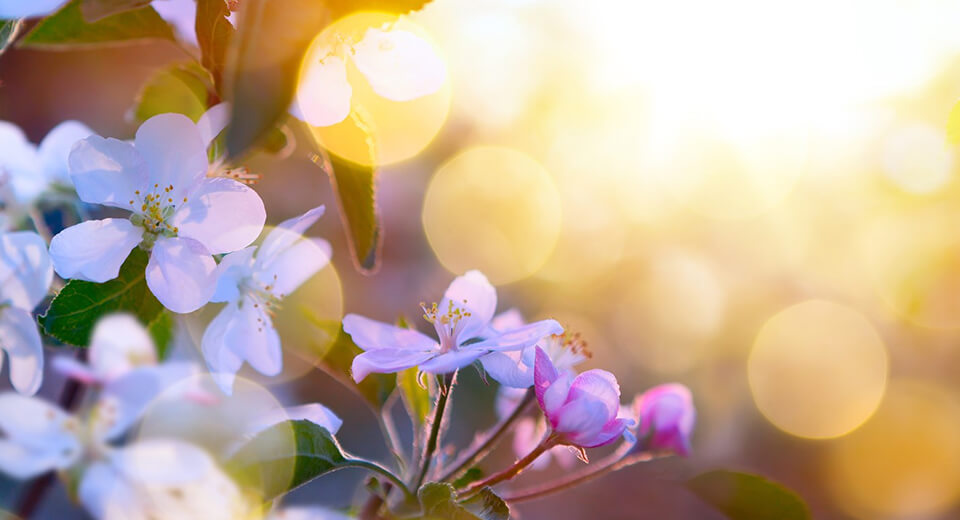
- Как в мае дождь, так будет и рожь.
[Kak v MA-ye DOZHT’ tak ee BOO-det ROZH]
Rye crop depends on the rain in May.
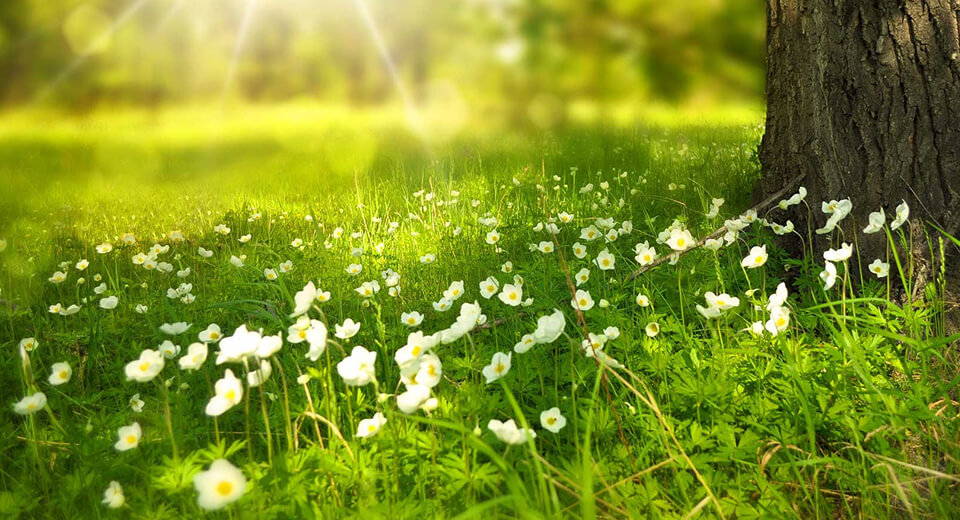
- В июне солнце высоко, с утра до вечера далеко.
[V ee-YOO-nye soln-ce vy-sa-KO s oo-TRA do vye-che-RA da-LYE-KO]
In June, the sun is high, from morning to evening far.

- В июле на дворе пусто, а в поле густо.
[V Ee-YOO-lye na dvo-RYE poo-STO a v po-LYE goos-TA]
In July, the yard is empty, and the field is dense.
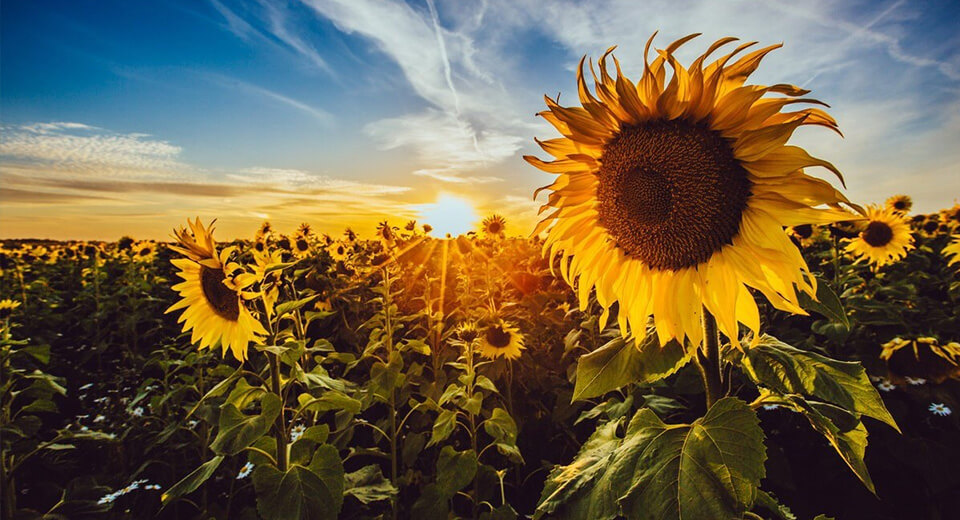
- Август-батюшка заботой-работой мужика тешит.
[AV-goost BA-tyoosh-ka za-BO-tay ra-BO-tay moo-zhee-KA TYE-sheet]
Father-August keeps a man busy with jobs and things to take care of.

- В сентябре лето кончается, осень начинается.
[V seen-tyab-REE LYE-ta kan-CHA-eet-sya O-syen’ na-chee-NA-yet-sya]
In September summer is over and autumn begins.
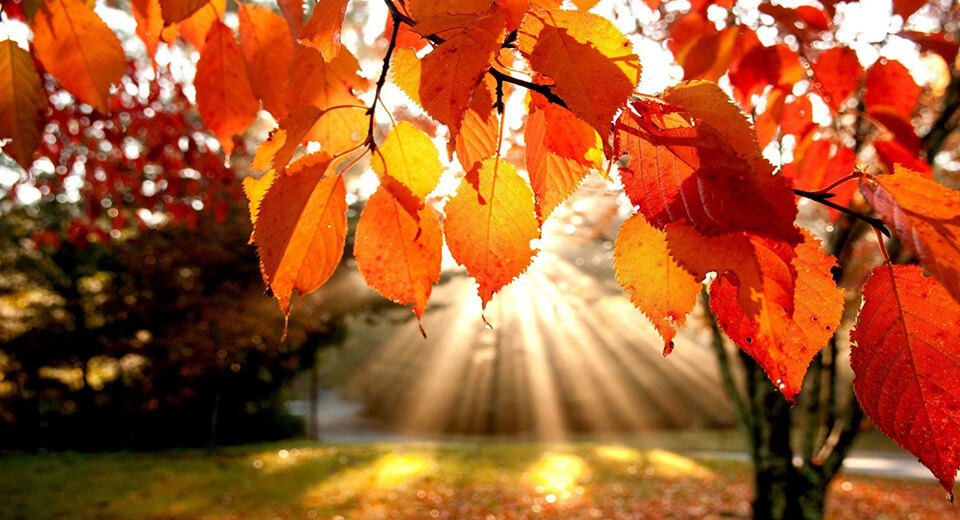
- В октябре ни на колесах, ни на санях.
[V ak-tyab-RYE nee na ka-LYO-sah nee na sa-NYAH]
In October you can neither move on wheels, nor sledges.

- В ноябре зима с осенью борется.
[V na-yab-RYE zee-MA s O-seen’yoo BO-ryet-sya]
In November winter is fighting with autumn.
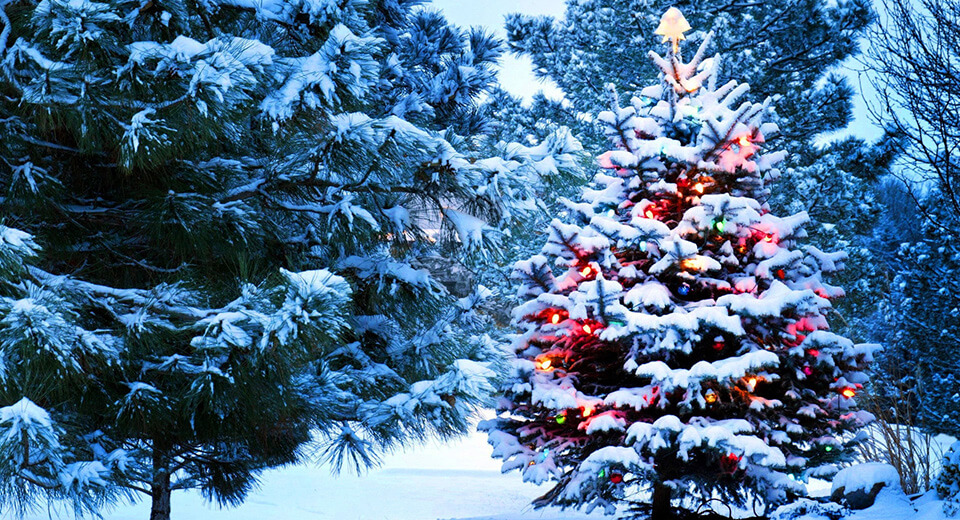
- Декабрь снежный и холодный — будет и год плодородный.
[Dee-KABR’ SNYEZH-niy ee ha-LOD-niy – BOO-deet ee GOT pla-da-ROD-niy]
If December is cold and snowy, the year will be rich with crops.
We hope you will like the article. If you have any questions or suggestions, do not hesitate to leave your comments below. Your comments are always welcome.
You may be interested
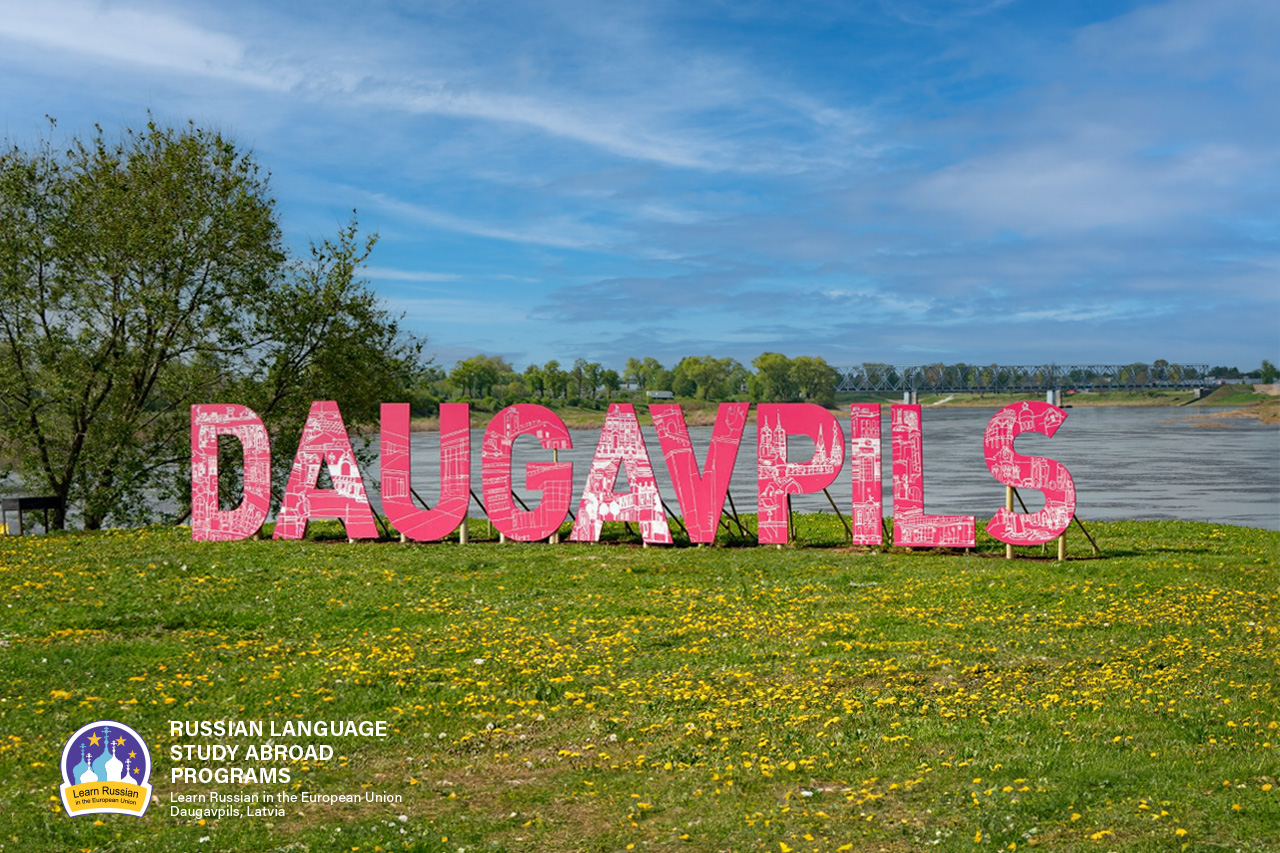
Why do people speak Russian in Daugavpils?
As it seems to us, Daugavpils is the best place to learn Russian now, because our city is situated in the EU and NATO, but at the same time 90% of the city’s population speak Russian at home.
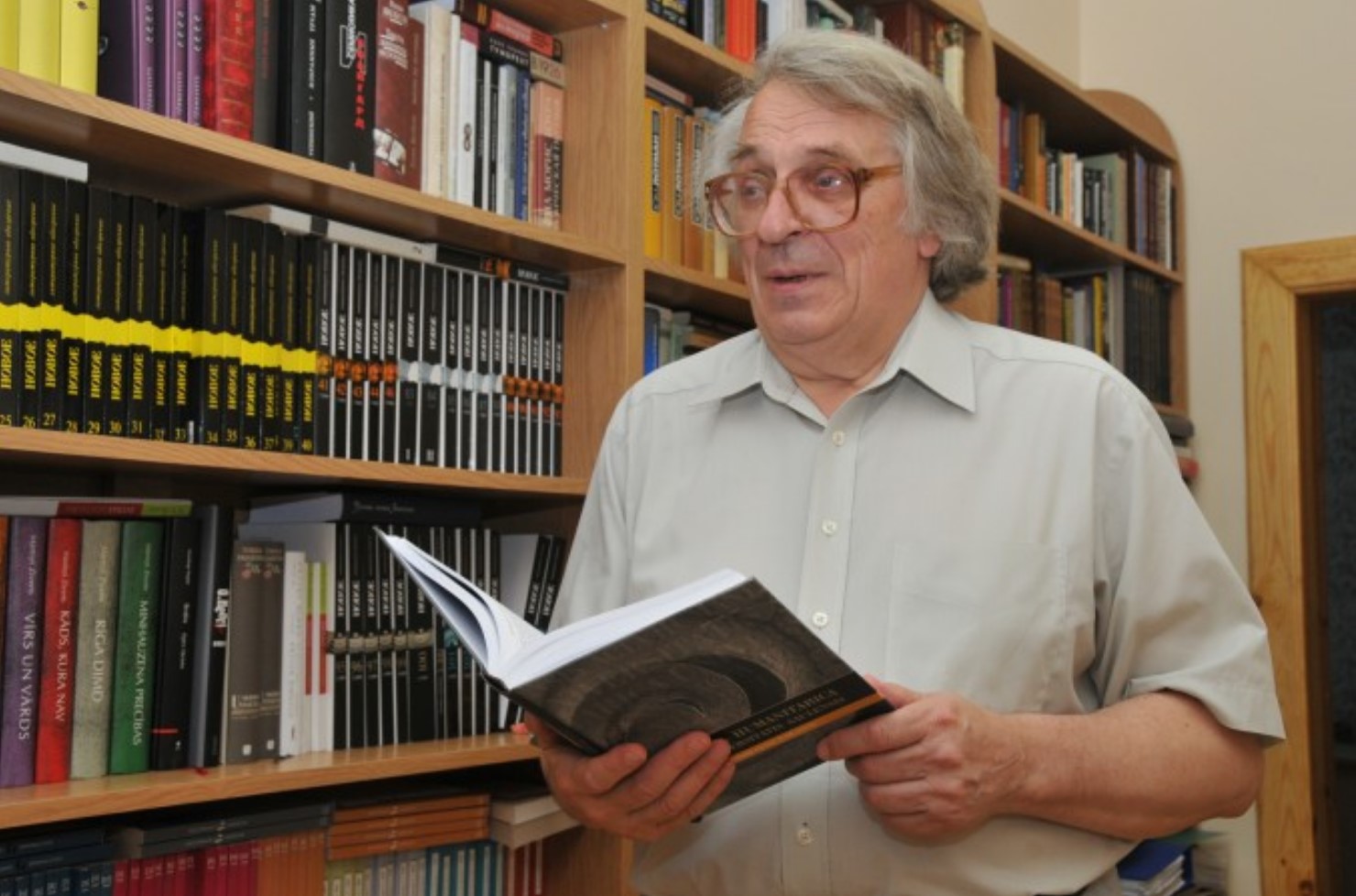
ЭТЮД О ДВИНСКЕ
Etude on Dvinsk by F.Fedorov
The Baltic region is one of the most catastrophe prone regions of the 2nd millennium, especially its second part; it is the centre of attraction of ‘geopolitical’ interests of the European world. Probably the most tragic fate has befallen to the eastern part of the present Latvia and its multi-titled town of Dinaburg – Dvinsk – Daugavpils. During its 730 years long history, the town went through five rather autonomous periods of development, five different lives (German, Polish, Russian, Latvian, Soviet), and at the beginning of the 1990s it entered into the 6th period.
The history of Dinaburg – Dvinsk – Daugavpils is the history of five attempts by the town to begin its life anew; and this is determined not only by the fact that the town was four times burned down and had to start life from scratch, but first and foremost because each of these periods was characterized by a total change of ethnos and the socio-cultural field.
The present article deals with the cultural space of the town in one of the most efficient periods of its development – from the 1860s till World War I.


